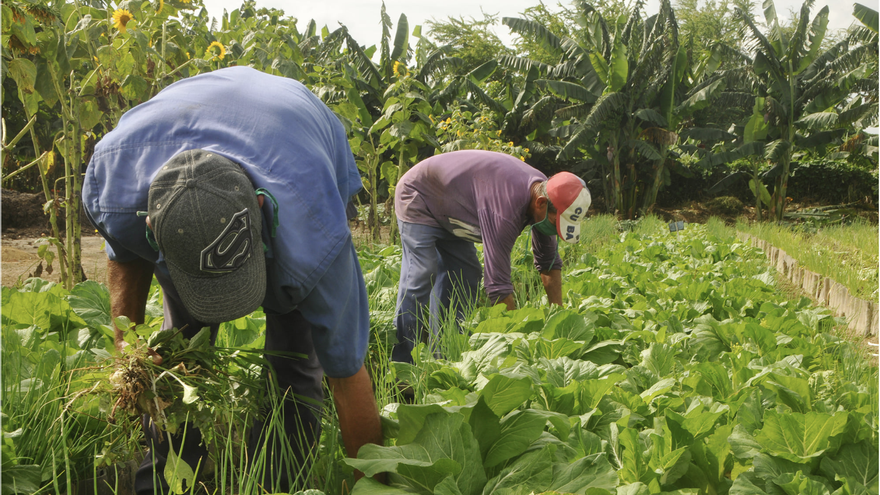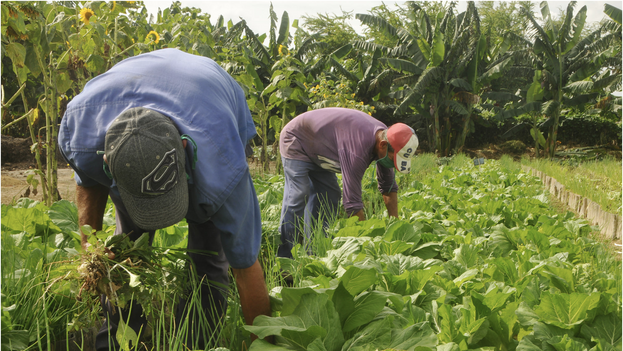
14ymedio, Havana, November 28, 2023 — The state companies of Las Tunas are being suffocated by debts, the provincial authorities lamented on Tuesday. Among the defaults to its suppliers, the unpaid credits in the bank and the lack of budget, the worst situation is presented by Acopio, with millions in defaults, followed closely by the provincial Directorate of Education and several cooperatives.
The crisis, the official State newspaper Granma explains, has put Acopio between a rock and a hard place, largely responsible for the lack of food in the province, since it is up to them to manage both state and private food production. The warning of the suppliers, the newspaper admits, has been clear: if they do not pay their debts, they will soon run out of products.
At the moment, the situation is not very hopeful. “Today we have 67 million pesos committed for credits that we have not been able to amortize,” acknowledged Javier Velázquez, commercial director of the company. “With the new measures adopted by the country, we market only 5% of what is produced, destined, for example, for social consumption and medical diets. Due to the credits, the bank withdraws 80% of our daily income, and what we have marketed this year is negligible,” explained the manager.
In addition, the company is in the middle of negotiations with the Banco de Crédito y Comercio (Bandec), with which they maintain several active debts and many overdue, to receive more financing. “We hope that now, with a certain intention of strengthening the state part, we can also obtain more production. We have been negotiating with the bank the possibility of new financing, to be able to recover as a company,” but, says Velázquez, the prices imposed by the State also take their toll.
According to Maikel Cera, general director of Acopio in Las Tunas, the differentiated prices for the population, imposed by the municipal governments, diminish the profit margin of the company
According to Maikel Cera, general director of Acopio in Las Tunas, the differentiated prices for the population, imposed by the municipal governments, reduce the profit margin of the company, which remains at a few cents. Also, he says, they compete with “intermediaries” who sell the same products at higher prices but pay “cash on the spot,” something that the company cannot do due to lack of liquidity.
As for the Bandec branch that manages the company’s credits, with whose directors Granma also spoke, the panorama they offer about Acopio is no different. So far


